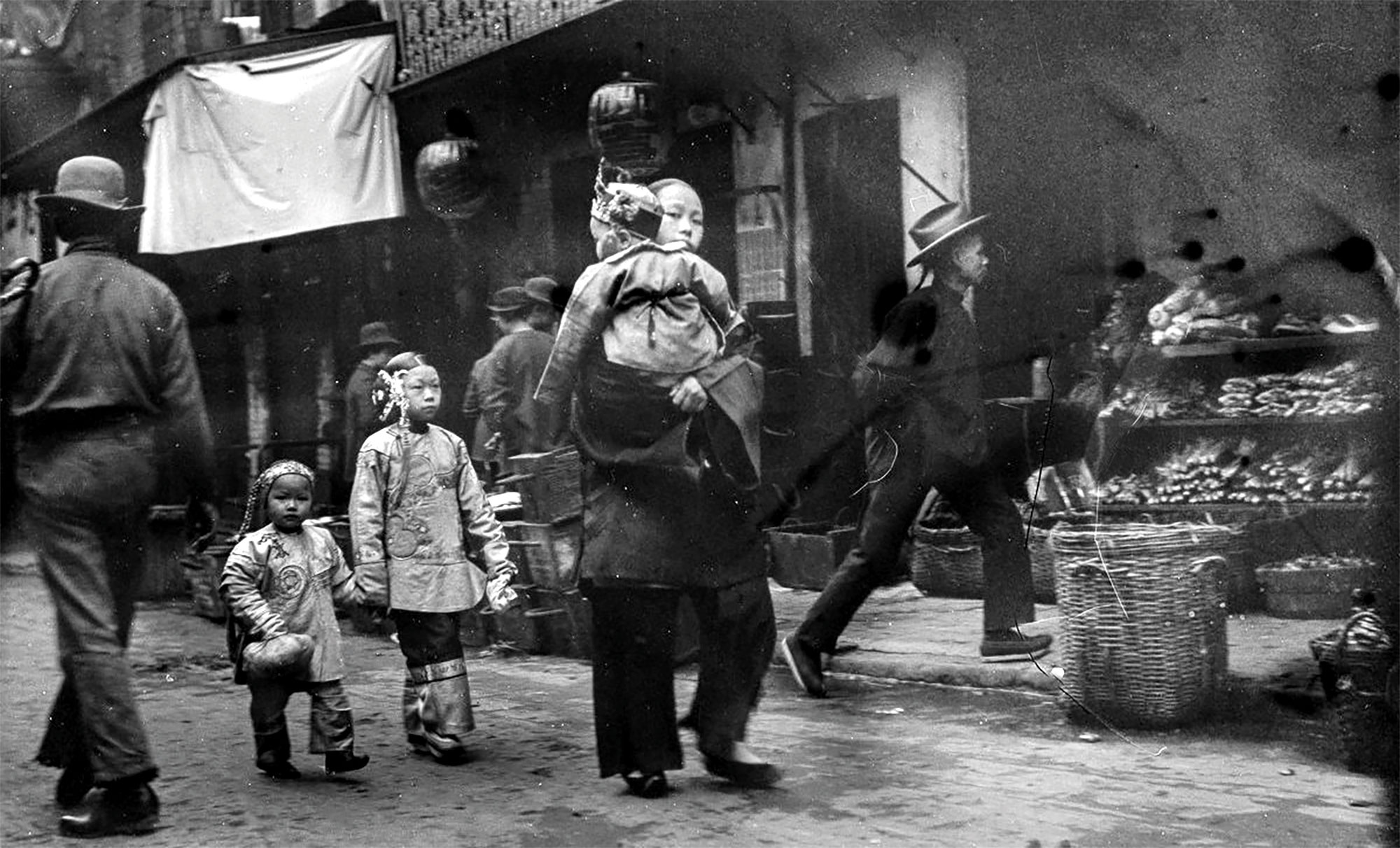Twelve reasons for more trees in cities
- A tweet entered my TL on Thursday. This is: 12 Reasons Why Cities Need More Trees. Lately he is bringing out a lot of news about the stems of trees in the cities (Bilbao, San Sebastian, Pamplona…) and it seems to me an important issue.

I have translated the text with the help of the translator Elia de Elhuyar.
12 reasons for more trees in cities:
1. Temperature control
A large tree refreshes the 10 air conditioners and the shade provided by the trees can reduce the street temperature by more than 30%.
2. Noise reduction
Trees can reduce noise by 50%. In urban hubs full of sound, construction, sirens, planes and music, trees are basically the best way to block noise and keep cities -- houses and workplaces -- quieter.
3. Air cleaning
Trees expel harmful pollutants and many toxins from the air. In urban areas, air quality is often very poor and has serious consequences for our health. Thanks to the trees, the air we breathe is much cleaner.
4th. Oxygen
By absorbing all these pollutants, trees also return more oxygen to the urban environment. The oxygen level is much lower in cities than in the countryside; trees help solve this problem.
5. Water management
Trees protect us from rain, and this is very important, but they also absorb large amounts of water, reduce water spills and reduce the severity and risk of floods. Let us not forget that the roots of the trees absorb pollutants that prevent their entry into the city’s water supply.
6. Psychological health
Research has shown that it was true what we believed: human beings are much happier when they are surrounded by nature than in helmets. Places adapt our emotions, behaviors and thoughts, and trees have a very positive impact on our psychology. The benefits of being happier and more peaceful, as individuals and as a society, are enormous.
7. Physical health
Trees not only improve air quality and the urban environment, they contribute to our health by encouraging people to go abroad. Cycling, running and walking are more common in urban areas with many trees. Social integration and the formation of stronger communities are a consequence of the passage of time on the street.
8. Privacy
A simple but not pejorative point is that trees give privacy.
9. Economy
It is difficult to calculate the total economic performance of urban trees. There are obviously costs, including repairing the infrastructure affected by the roots and maintaining the trees. But the total economic benefit, as a result of everything else on this list, far exceeds expenditure. Thanks to trees, cities are richer.
10. Wildlife
Trees are miniature cities, habitat for hundreds of species, including birds, mammals and insects.
11. Light pollution
Trees, besides blocking the descending light, keep us and our cities cooler, counteract street light, cars, homes and billboards. The skies are more brown in cities with more trees.
12. Aesthetic
And finally, the trees are beautiful. They break the monotony of urban environments -- clean geometry, high-scale roads and buildings, endless rows of cars -- with their trunks, branches, cups and flowers. Depict the brown colors of fallen leaves in fall, the white and pink colors of spring flowers, the large summer green cups and the branches covered in theatres in winter. Each tree is a spectacle of great complexity and texture, colorful and olorous, sprinkled with light at the base, with rough skin, with complicated roots, with leaves flocks, fine petals and rigid branches. There are few streets that would not improve with the kaleidoscopic aesthetic of a tree. Not to mention many tree species around the world: willow, oak, lemon tree, cherry, chopo, maple, birch, chestnut, ash... is a long list. There are some inconveniences for the city's trees, most of them associated with the environment, which of course are not all adequate. But it seems fair to say that many cities would benefit, at least, from having some trees there and here.
To have a car (private) in Japan it is mandatory to have a parking (private). The measure seems controversial, as the regulation (the securities systems here) allows the occupation of spaces where the car deposit is public. That is, the problem is conceived as a responsibility... [+]
I have few friends with a European feeling, I do not know whether Europeity becomes an identity. But when we travel to Europe, a friendship may emerge, because the main areas of territoriality that are taking place in Europe and in Europe are shared, where it is decided to... [+]
Iruñeko Txantrea auzoko kale-izendegian frankismoan errepresaliatuak izan ziren hamar emakume gogoratuko dituzte. Ekitaldia egin zuten atzo eta auzoaren hegoaldean dagoen plaza bat oroimen gune ere izendatu zuten. "Garrantzitsua da historian gertatutakoa gogoratzea;... [+]
China, about 1417 years old. Admiral Zheng He, a salaried explorer of Ming Dynasty emperors, said it was possible “for everyone to leave China.” By then, the Chinese colony network began to expand in the Indian Ocean, the Red Sea and Southeast Asia, so the Chinese explorer... [+]






















